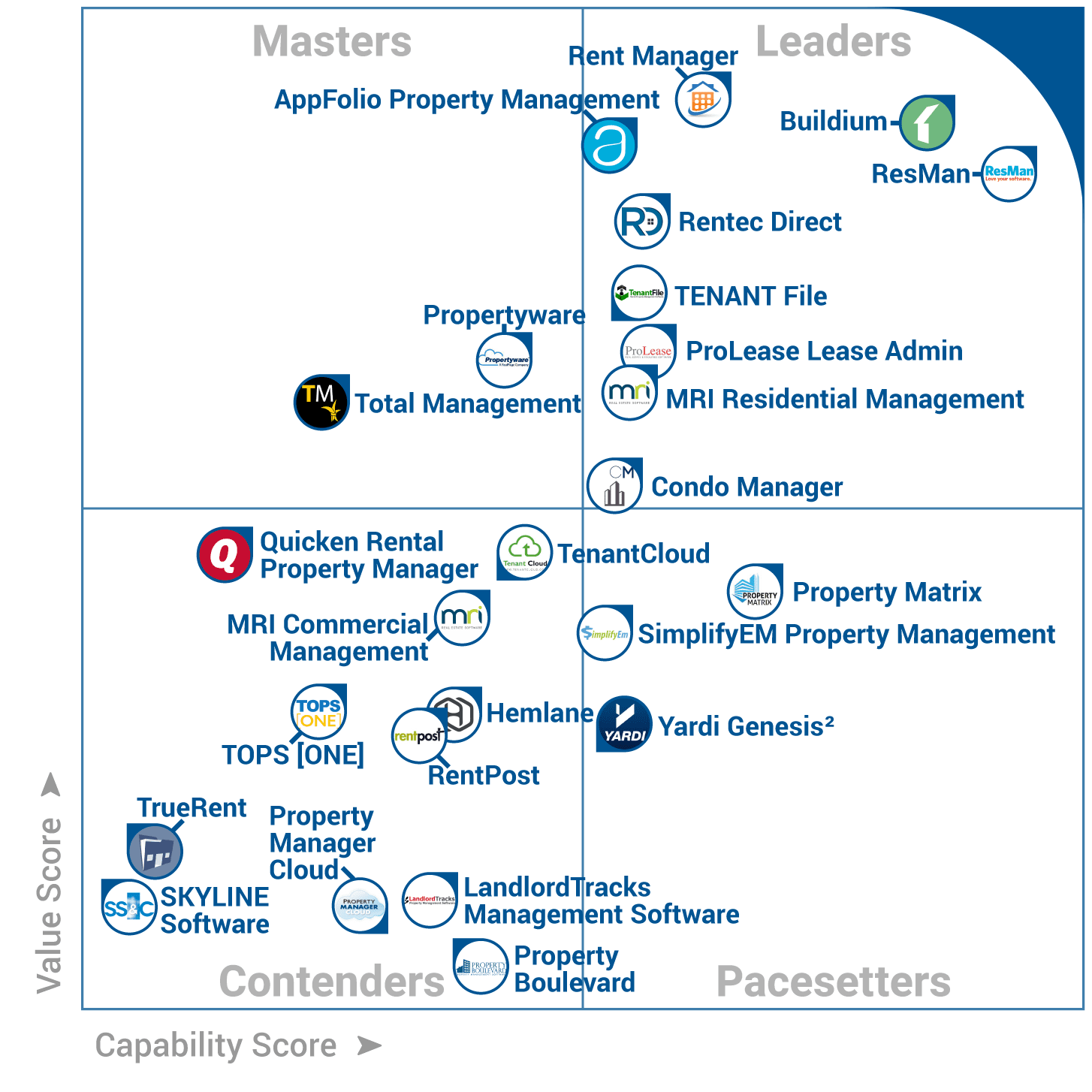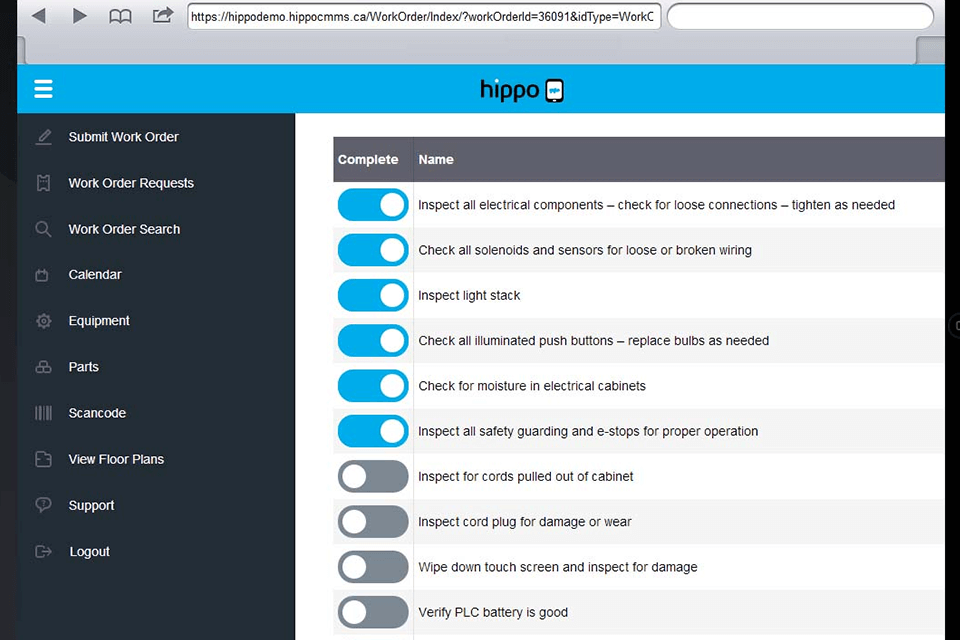

Instead, Stessa is designed for rental property owners and investors to manage their assets. Similarly, products like Intuit Mint are easy to use, but optimized for personal finances rather than rental properties. However, Quickbooks can be complicated to set up for real estate uses from scratch, and is not expressly intended for rental property businesses. Stessa is ideal for self-managing landlords who might use (or consider using) a bookkeeping software product such as Quickbooks. The product vision is to make managing the financial aspect of a portfolio of rental properties painless and automatic.
Rental property accounting software for mac free#
This includes free rental property accounting software that offers a Cloud-based “smart bookkeeping solution” for landlords. Stessa is a smart money management tool that helps rental property owners and investors optimize their portfolios for performance. This is the problem that Stessa, founded in 2016, intends to solve: increase efficiency, transparency, and profitability of your assets by eliminating the overwhelm that comes with rental property bookkeeping. They may also even hire a CPA and bookkeeper on top of that. As a result, they might hand over the keys to a property manager who takes a healthy cut of the collected rent, or they settle on incomplete or expensive solutions like Excel spreadsheets, Google docs, or other accounting software. With so many expenses to track, receipts to log, and tax time looming, many landlords throw up their hands in despair. Apps exist to simplify the marketing of a rental or the collection of rent, but the real bear for many is the bookkeeping. Of these independent landlords who own three quarters of the rental market, only 10% of them express confidence in their ability to manage their rentals themselves. No matter the final objective, this is where Stessa’s landlord accounting software comes in to help.

Some of them may want to be full-time landlords, some would like to grow their portfolio or increase their wealth, while others may see it as way to supplement to their existing income, or perhaps as a means to retire early. According to the US census bureau, small-portfolio, non-institutional landlords – in other words, ordinary individuals and families – own about 75% of all rental property.


 0 kommentar(er)
0 kommentar(er)
